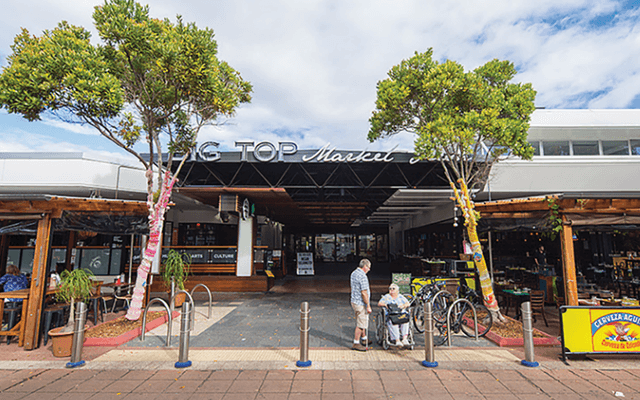This article is from the Australian Property Journal archive
TWO landmark sustainability deals in the Australian real estate sector have been secured Charter Hall and QIC Real Estate, raising over $7 billion in green financing.
Charter Hall has clinched a significant $3.35 billion in Green Loan facilities for its $8.6 billion flagship office fund, the Charter Hall Prime Office Fund (CPOF). The deal, secured with the Commonwealth Bank, Westpac, ANZ, HSBC, and SMBC bringing its total platform-wide sustainable finance to more than $9.0 billion.
Notably, all of this financing is directed towards the office sector. The green loans are certified by the Climate Bonds Initiative and independently verified by DNV and KPMG, ensuring robust transparency and adherence to global sustainability standards.
CPOF’s fund manager, Miriam Patterson, said the deal underscores the fund’s exceptional sustainability credentials and the strategic advantage these bring to its investors. The funding will support CPOF’s premium-grade development pipeline, including projects like the recently completed 60 King William and 555 Collins Street, as well as the under-construction Chifley South in Sydney and 360 Queen Street in Brisbane. These developments are expected to meet the growing demand for new, state-of-the-art office accommodation, reinforcing CPOF’s strong market position and ability to attract long-term tenants.
“The ability to secure market-leading financial covenants and operational flexibility is crucial as we continue to curate our portfolio with an emphasis on newer, high-quality assets,” Patterson added.
The green financing also allows CPOF to extend its debt maturity profile to 5.2 years, providing greater financial stability and further enhancing its investment-grade credit rating.
Meanwhile, QIC Real Estate has signed one of the largest green loans in Australian real estate, securing $3.75 billion for its two largest real estate funds, the QIC Property Fund (QPF) and the QIC Town Centre Fund (QTCF).
This marks a significant step for QIC Real Estate, which previously issued a A$300 million Green Bond for the QTCF in 2019 — a first for the retail property sector.
The loans also include targets related to the Cleaning Accountability Framework (CAF), aiming to promote ethical labour practices across both funds’ portfolios.
Deborah Coakley, managing director of QIC Real Estate, said these loans will support the company’s long-term sustainability goals while ensuring that the financing structure remains commercially responsible.
“By converting these facilities into Sustainability-Linked Loans, we are not only demonstrating our commitment to ESG principles but also strengthening our ability to meet the sustainability goals of our clients,” Coakley said.
The deal, which includes ANZ, CBA, and MUFG as joint sustainability coordinators, further cements QIC Real Estate’s position as a leader in the integration of sustainability targets into its financing structures.
According to Jo Scotney of ANZ, the loans’ structure aligns with ESG priorities that are crucial to the funds’ long-term success.




